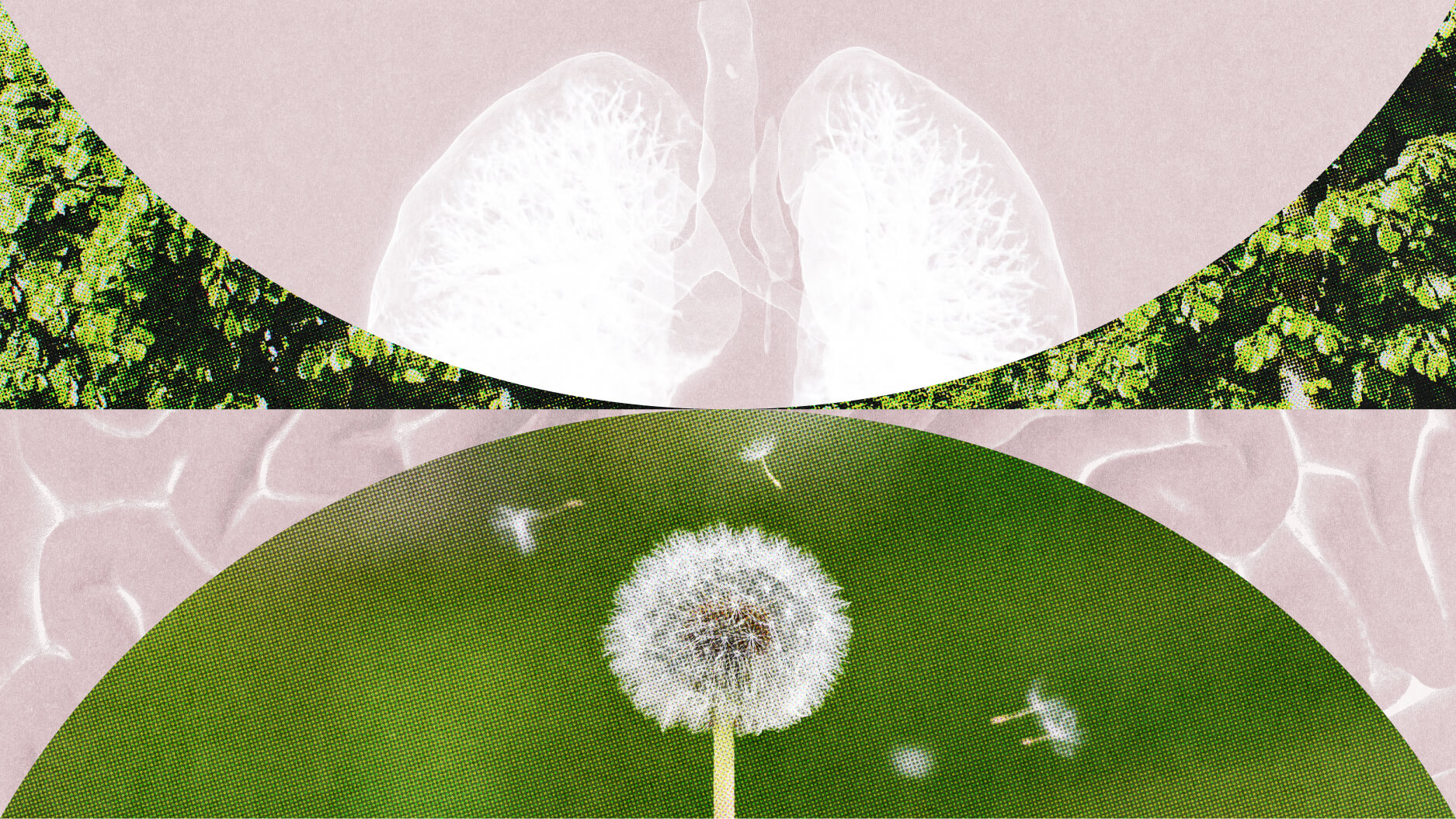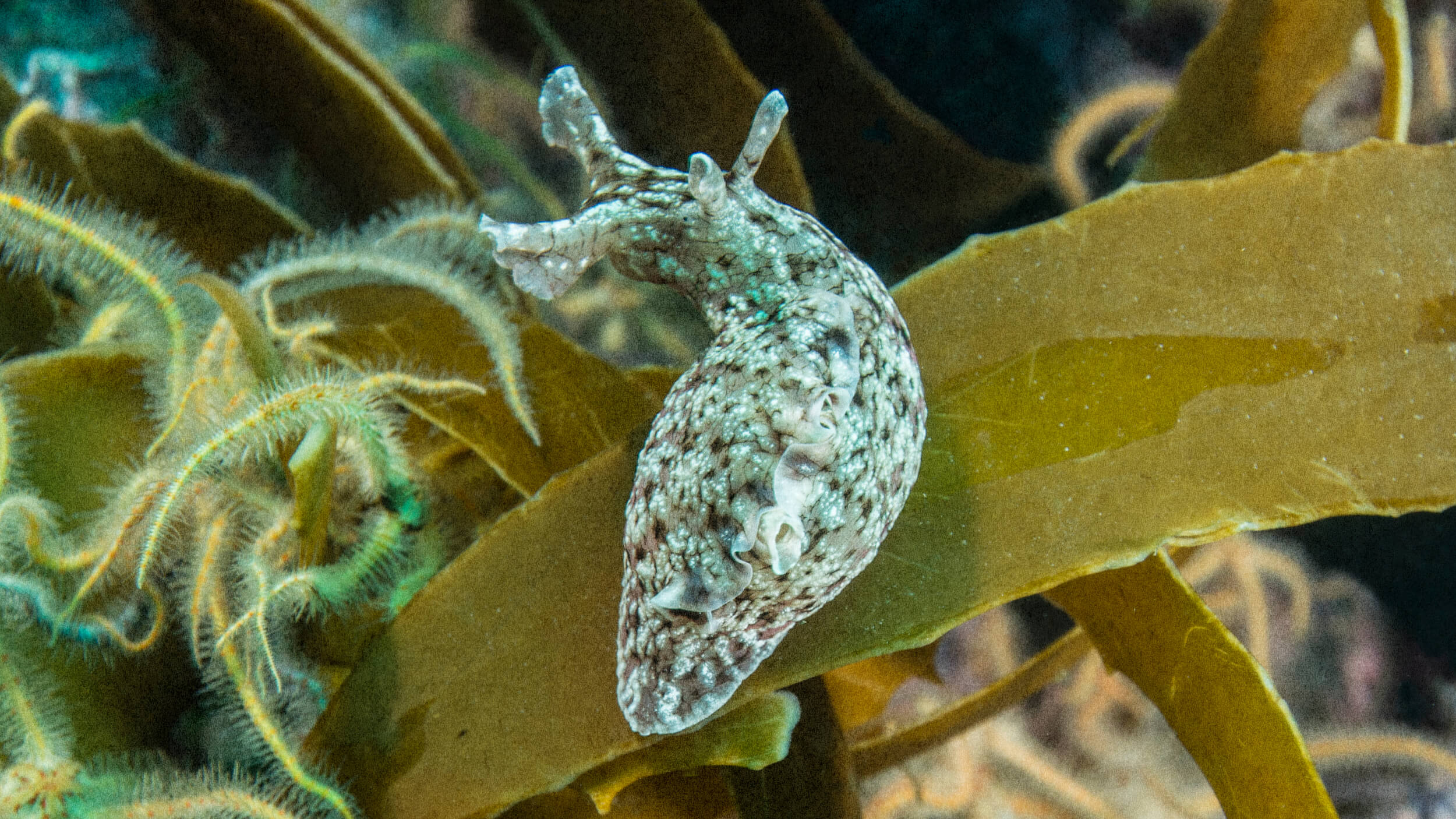How curiosity rewires your brain for change

- The brain often responds to change and uncertainty by activating the amygdala, triggering the same stress responses as physical danger.
- Curiosity helps reframe uncertainty as an invitation, not a threat.
- Neuroscientist Anne-Laure Le Cunff shares five ways to cultivate curiosity in times of change.
A few years ago, I decided to retrain as a neuroscientist. It was a leap into the unknown — no roadmap, just a desire to grow. I chose to approach this time of change with curiosity, and I started a weekly newsletter to document what I learned. Suddenly, my doubts became fuel for discovery.
What I didn’t know at the time was that this systematic curiosity was actively reshaping my brain in ways that would build resilience for navigating future changes.
Curiosity is often treated as a personality quirk — something childlike and playful, maybe even optional. But neuroscience paints a different picture. When we’re curious, the brain’s dopaminergic system — the same one that lights up when we anticipate a reward — kicks into gear. Simply put, curiosity makes us feel good about the prospect of discovering something new.
It also helps us learn more efficiently, enhancing hippocampal activity and boosting our capacity to form and retain new memories. Studies show that when people are curious about a topic, they not only remember the specific information they were interested in but also retain unrelated material better.
Perhaps most importantly, curiosity promotes neuroplasticity, the brain’s ability to rewire itself in response to new experiences. This makes it an ideal cognitive state for those inevitable moments of change when we need to break established neural patterns and form new connections.
Curiosity in times of change
Change, by nature, introduces uncertainty. And the human brain typically responds to uncertainty by activating the amygdala, triggering the same stress responses as physical danger.
What curiosity does is transform that uncertainty from a threat into an invitation.
First, curiosity increases our tolerance for prediction error: the gap between what we expect and what we actually experience. This makes us more flexible in our thinking, less reactive, and better at updating our mental models.
There’s also a balancing act happening between two major brain networks: The default mode network (associated with imagination and introspection) and the executive control network (responsible for goal-oriented behavior) often take turns.
Curiosity helps synchronize these networks, allowing us to envision possibilities while also taking action — the exact balance needed to navigate change.
Emotionally, curiosity can also act as a buffer. When we view an unexpected situation through a curious lens (“what can I learn from this?”), we are less likely to spiral into anxiety or avoidance. This cognitive reframe can dramatically alter how we experience the inherent uncertainty of change.
5 ways to navigate change with curiosity
Curiosity isn’t a fixed trait you either have or lack — it’s a cognitive skill that can be developed. Here are five ways to cultivate it, especially during times of change:
1. Ask “what if?” instead of “what now?”
Reframe fear-based responses with questions that invite exploration. Instead of “I don’t know how to handle this new role,” try “What if I approached this role as a learning opportunity?” This simple shift activates your prefrontal cortex rather than your amygdala, which will help minimize stress in times of change.
2. Take field notes
Pretend that you are an anthropologist studying your own life. Document what surprised you, what you don’t understand yet, or what made you pause during the day. Be specific: “Today I noticed X and wondered why…” This practice builds a curiosity habit and has the added bonus of creating a record of your learning journey.
3. Run tiny experiments
Want to switch careers? Interview one new person in the field every week for six weeks. Curious about writing? Start with a weekly newsletter for three months instead of a book. These tiny experiments will provide valuable data while helping you regain a sense of agency even when the path forward is uncertain.
4. Embrace not knowing
Practice saying “I don’t know yet” without immediately searching for an answer. Spend time exploring questions without rushing to conclusions. Research suggests that this enhances cognitive flexibility and creative problem-solving — critical neural functions that support adaptation during transitions.
5. Treat failure as data
When something doesn’t go as planned, resist labeling it as a failure. Instead, treat unexpected outcomes as valuable information. By viewing setbacks as an inevitable part of growth rather than an indication of personal shortcomings, you can transform potentially discouraging moments into opportunities to learn.
It’s important to note that the brain’s capacity for curiosity fluctuates. The amygdala’s activity increases under stress, making curiosity harder to access precisely when it might be most beneficial. That’s why regularly practicing even small shifts in perspective can be helpful to train ourselves to re-engage the prefrontal cortex.
We often think of change as something to endure. But change is how we grow. Curiosity activates dopaminergic pathways, strengthens hippocampal function, improves memory formation, and increases prediction error tolerance, which enhances our capacity to navigate uncertainty with greater flexibility and less reactivity.
So, the next time you face a big change and feel anxious or stuck, try asking yourself a simple question: What if I got curious instead?





